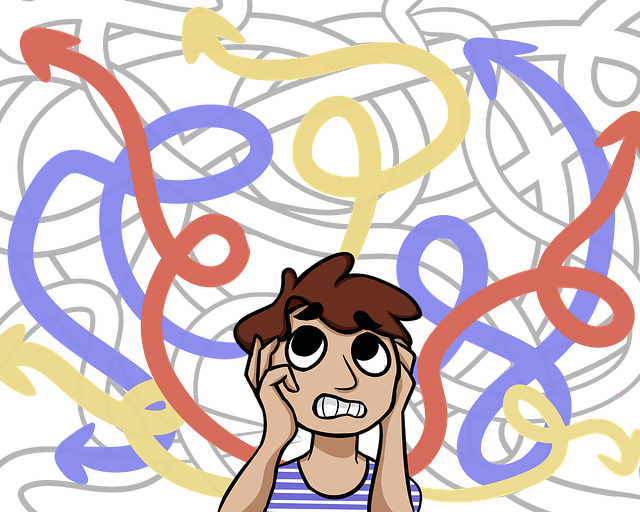A conjunction is a word used to connect two clauses or sentences. Sometimes I use “and” to begin a sentence… while it’s regarding regarded as improper writing, it’s how my mind works, connecting thoughts like dots in endless array. My mind is a busy place.

FYI, “and” is a vital word to prevent arguments while “but” invites it as a roadblock word. “And” invites improv, too.
The type of conjunction that raises the most controversy when it sits at the beginning of a sentence (as I confessed to doing) is a coordinating conjunction. The seven coordinating conjunctions are easily remembered with the acronym FANBOYS: For, And, Nor, But, Or, Yet, and So. Coordinating conjunctions join two independent clauses. That means the word links together two parts of a sentence that could stand on their own. As an example:
- This assignment is difficult, but I’m starting to understand it.
- The assignment is difficult, yet I’m starting to understand it.
While the two independent clauses in the example are grammatically correct as separate sentences, the meaning of the original sentence is lost. The coordinating conjunction “but” implies that, despite the difficulty, the speaker is beginning to grasp the concept. Breaking up sentences and beginning them with a coordinating conjunction may help convey style, mood, tone, voice.
Writers, Start Your Sentences! (an allusion to the Indy 500 Race which is coming up soon)
Many reputable grammar guides, including the Chicago Manual of Style and the Merriam-Webster Dictionary of English Usage, state that it’s okay to start a sentence with a coordinating conjunction. So, why do writing instructors and editors tell their students to avoid this?

When learning the basics of reading and writing, simple rules (don’t start a sentence with a conjunction) make more sense than trying to finesse the nuance of word choice and sentence variety. But as writing skills develop, it’s okay – even laudable – to start bending the rules to develop a personal style.


Recent Comments